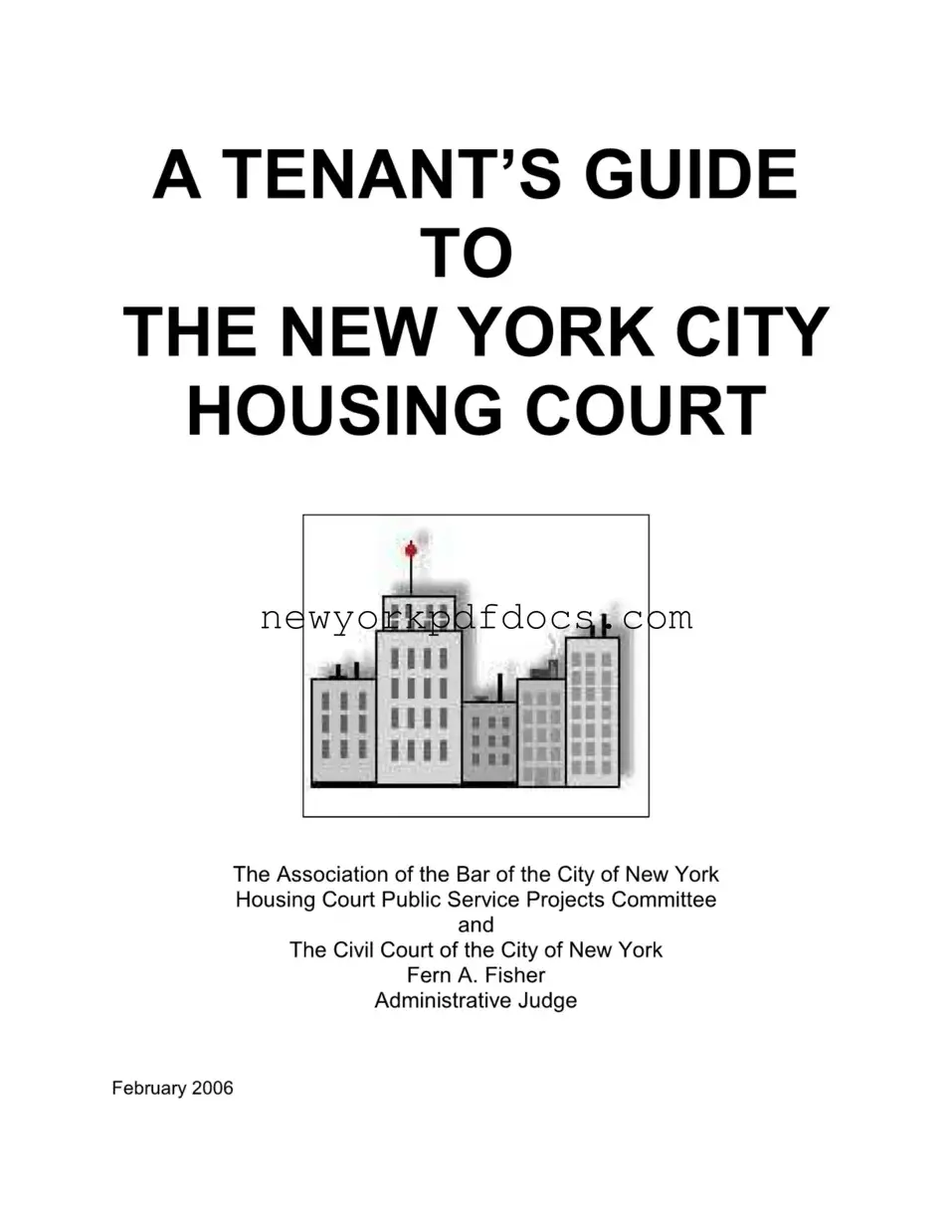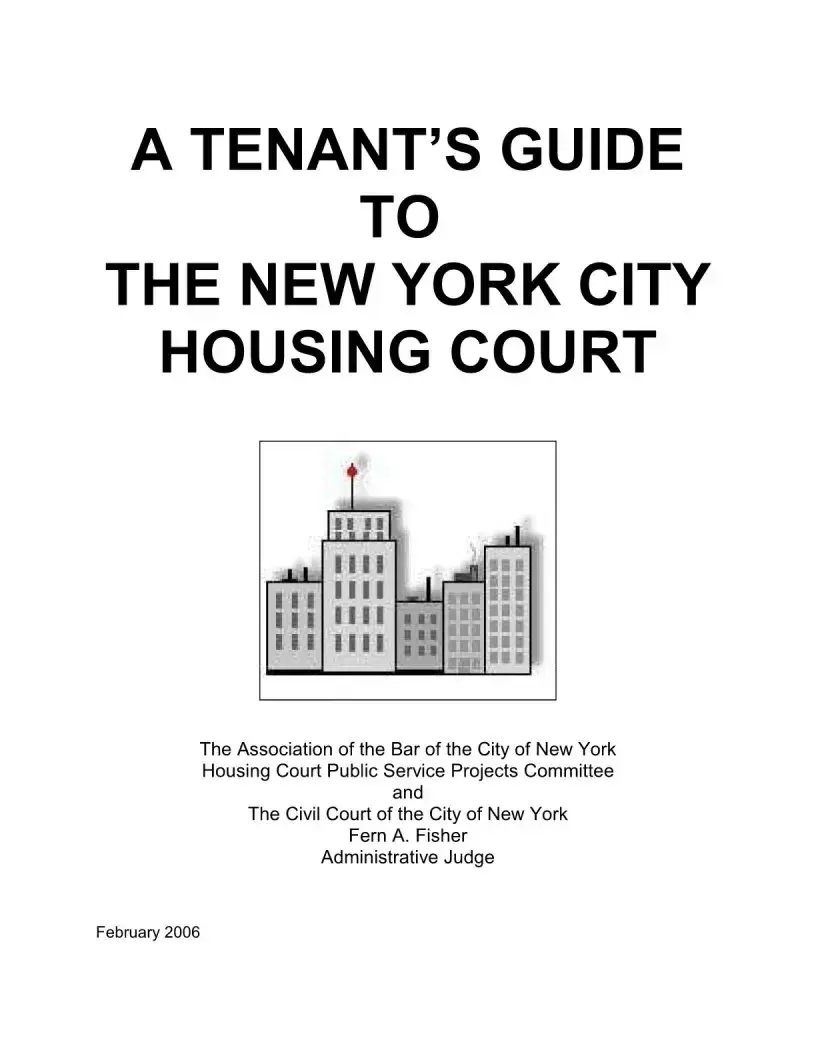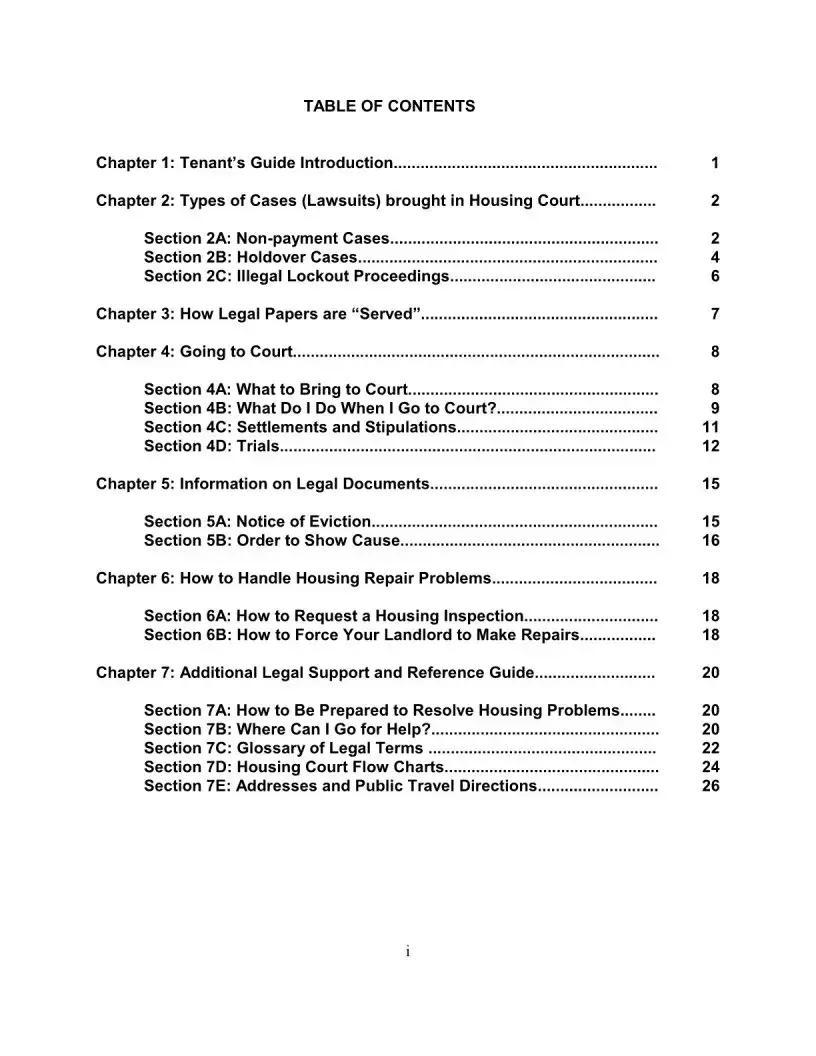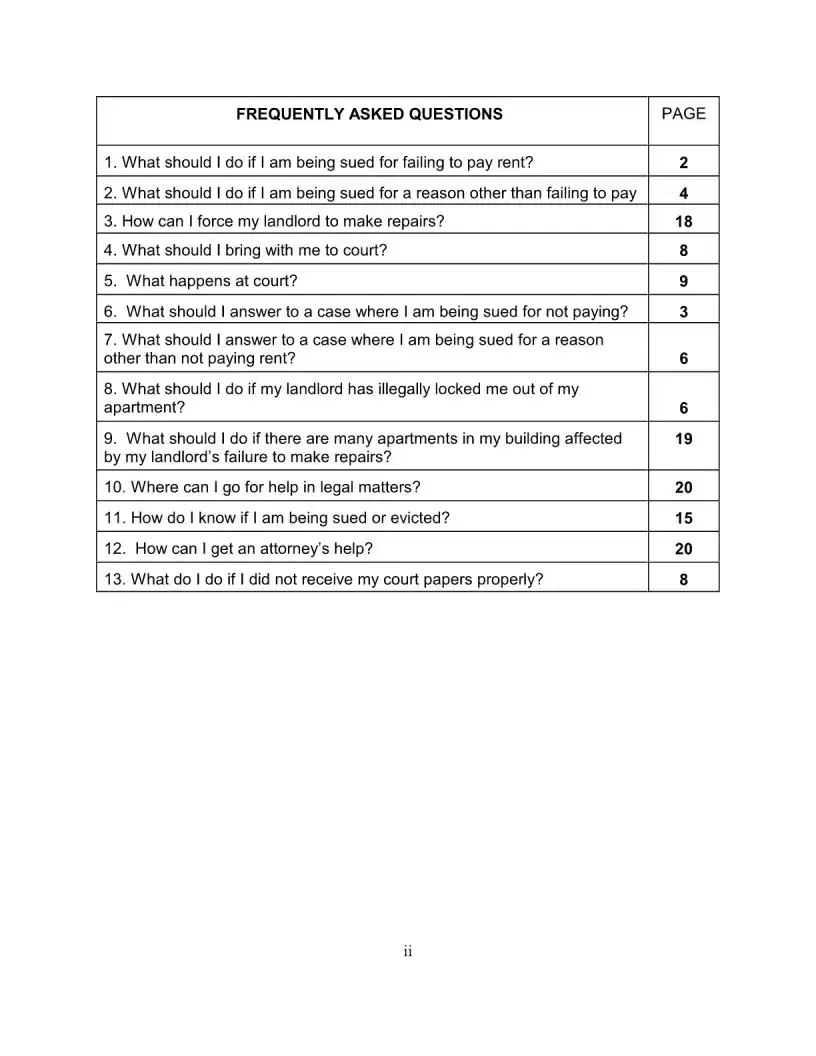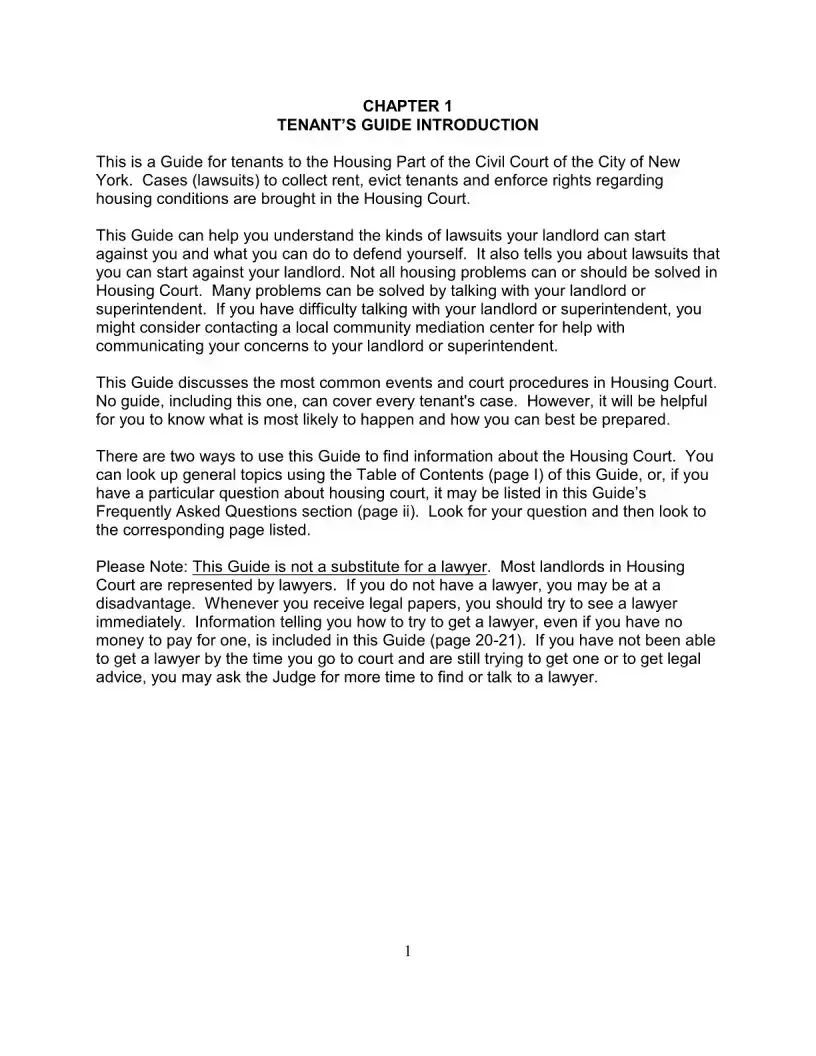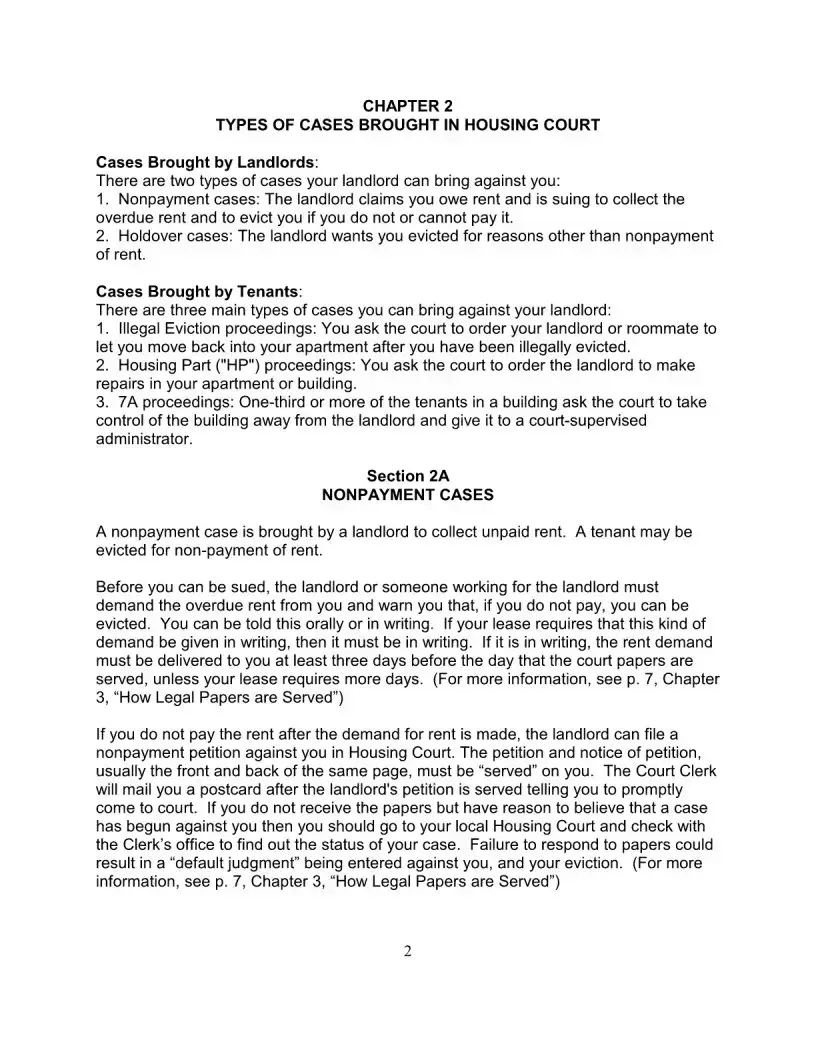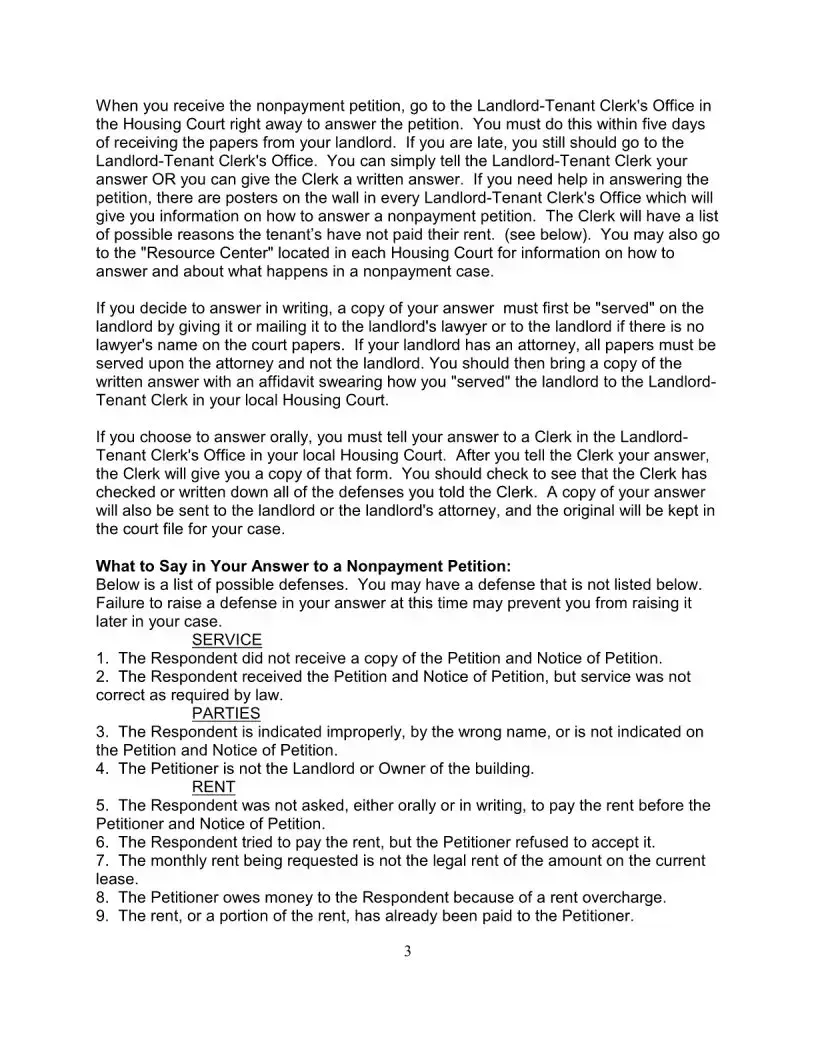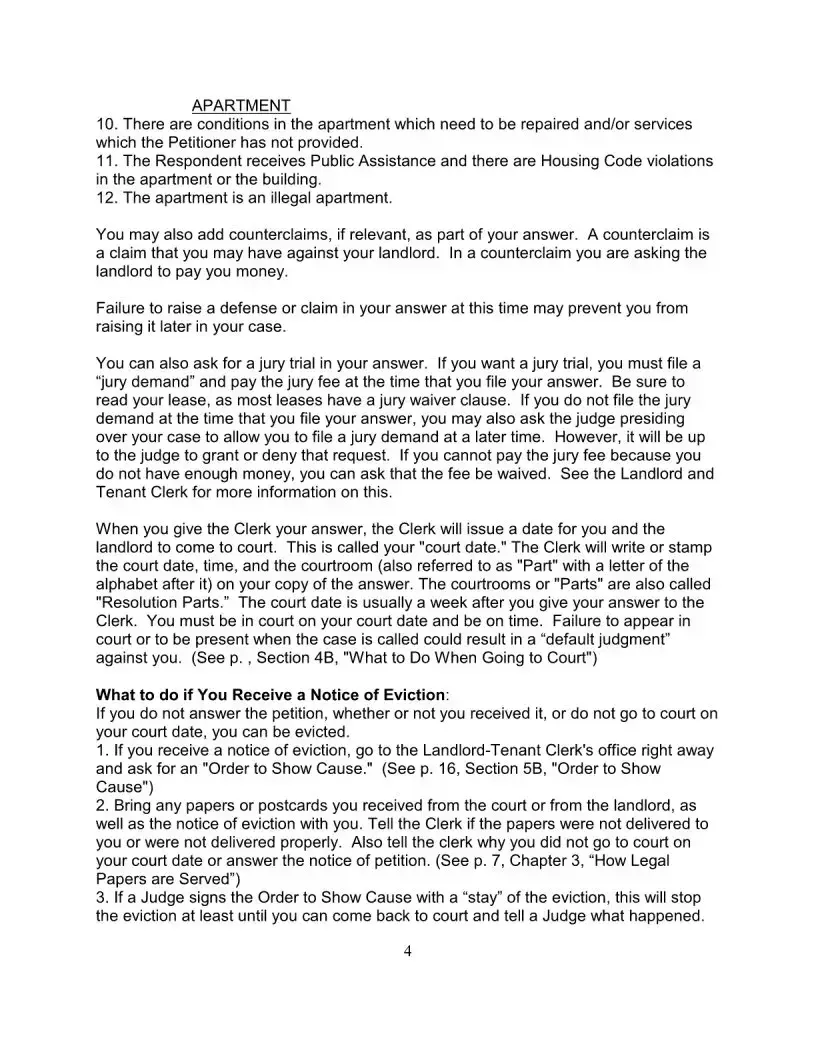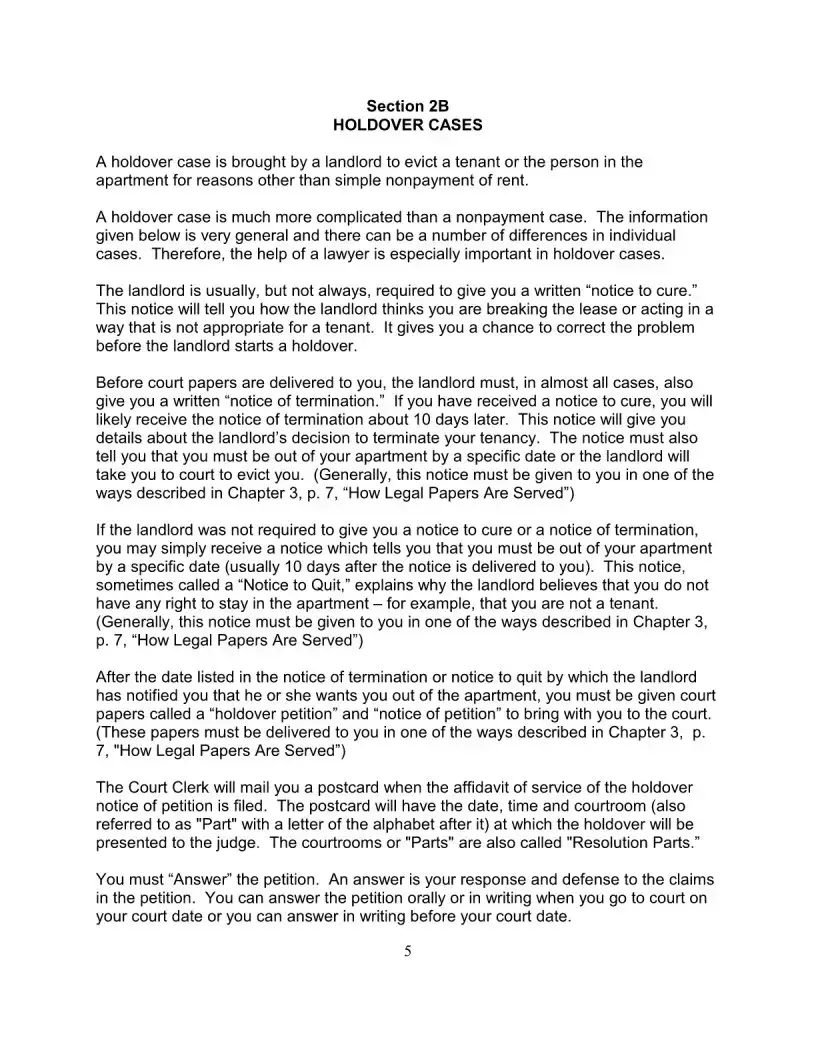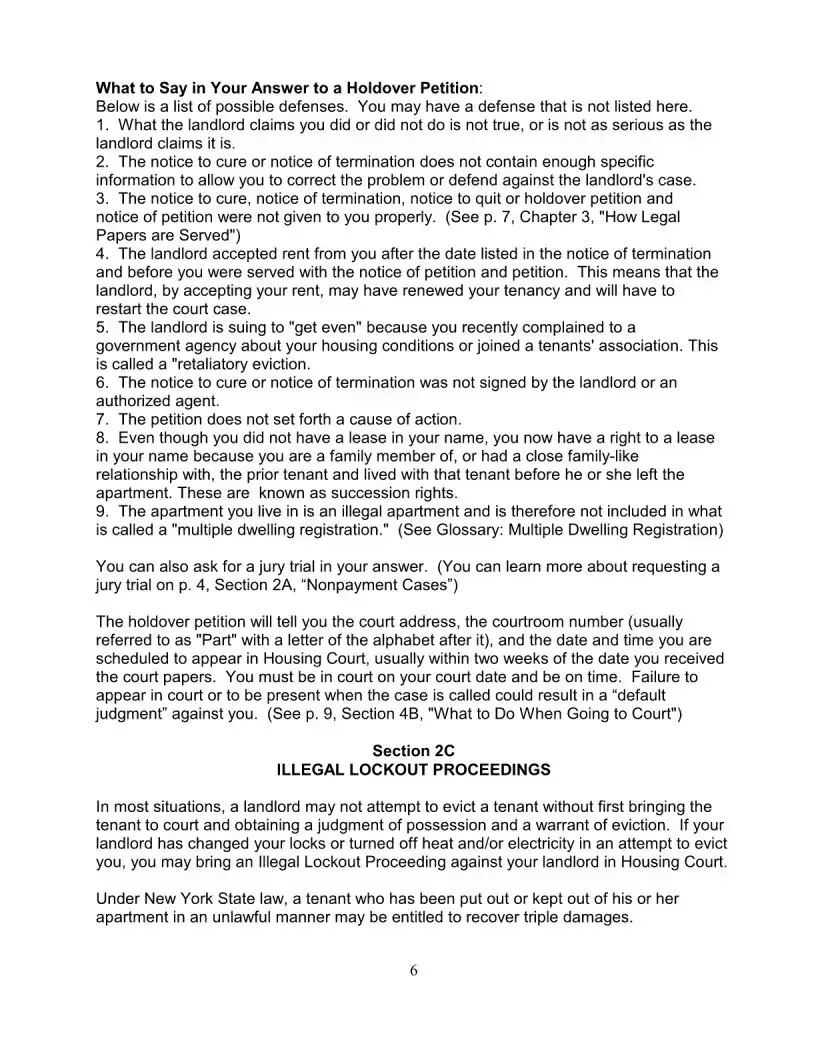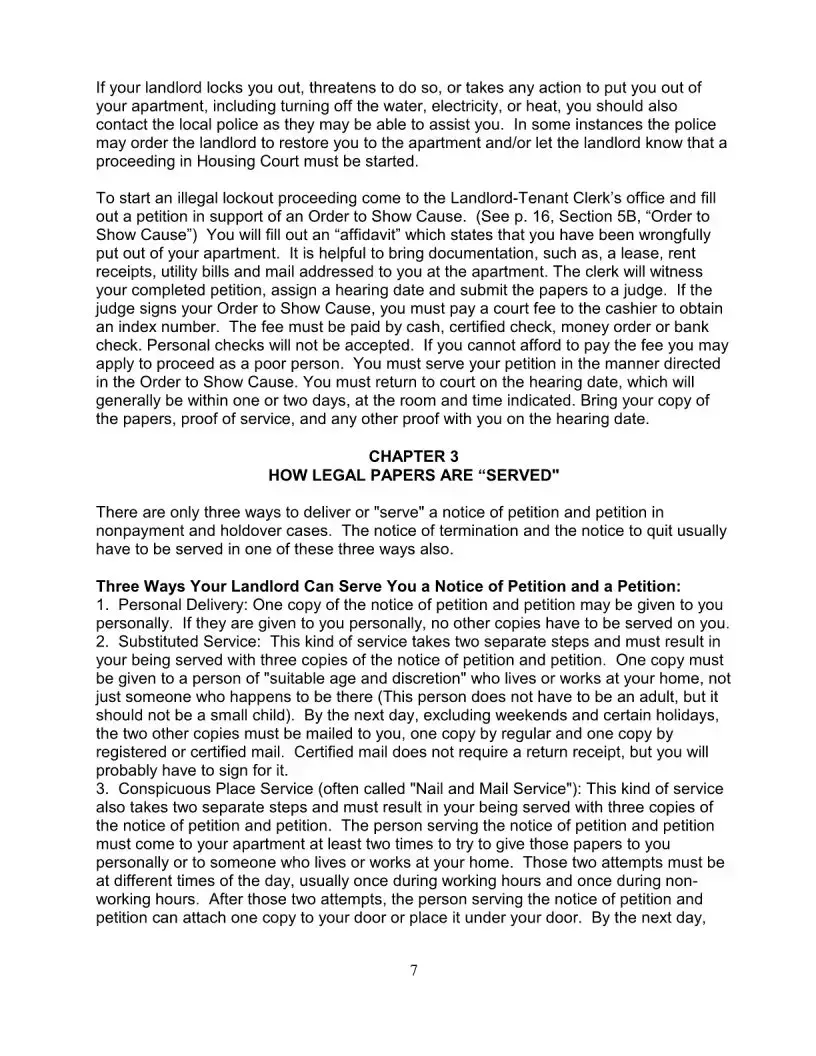Filling out the Official NYCHA form can be a daunting task. Many individuals make mistakes that can lead to delays or complications in their housing applications. Here are nine common errors to avoid.
One frequent mistake is not providing accurate personal information. Ensure that your name, address, and contact details are correct. Inaccuracies can lead to confusion and may result in your application being rejected. Double-check your entries before submitting the form.
Another common issue is failing to disclose all sources of income. It's crucial to report all income, including part-time jobs, benefits, or any other financial support. Omitting this information can create problems later on and may even lead to legal consequences.
Many applicants also neglect to read the instructions carefully. Each section of the form has specific requirements. Skipping over these instructions can lead to incomplete submissions. Take the time to understand what is required for each part of the form.
Additionally, some people forget to sign and date the application. An unsigned form is considered incomplete. This simple oversight can delay the processing of your application significantly, so always remember to sign and date your documents.
Providing incomplete documentation is another common error. Ensure you include all necessary documents, such as identification and proof of income. Missing documents can lead to delays and may require you to resubmit your application.
Another mistake involves not keeping copies of submitted forms. Always make a copy of your completed application for your records. This way, if there are any questions or issues, you have a reference to assist you.
Some applicants also fail to follow up on their application status. After submitting your form, it's wise to check in periodically. This can help you catch any issues early and ensure your application is moving forward.
Lastly, many people do not seek assistance when needed. If you are unsure about any part of the form, consider reaching out for help. Local organizations and legal aid services can provide guidance and support to ensure your application is completed correctly.
Avoiding these common mistakes can make the process smoother and increase your chances of a successful application. Take your time, be thorough, and don't hesitate to ask for help if you need it.
